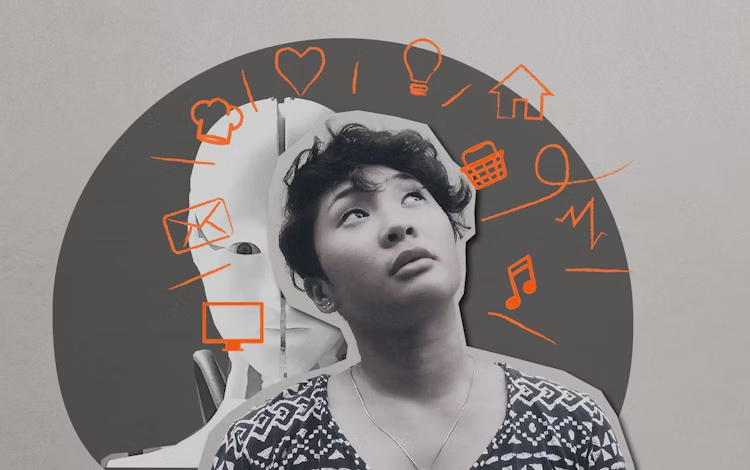Colleges Aren’t Preparing Students for an AI-Driven Workforce, and It Could Have Serious Implications for Student-Athletes

As a student-athlete balancing the demands of both sports and academics, you’re already learning the importance of adaptability. But as artificial intelligence (AI) rapidly reshapes the workforce, experts are warning that many students, including those with athletic aspirations, may be left behind if their universities don’t adapt quickly enough to this new reality.
Tyler Cowen, a prominent economist at George Mason University, raised concerns that colleges are failing to equip students with the right skills to thrive in a job market increasingly influenced by AI. Cowen points out that while students are taught valuable foundational skills, universities often aren’t focusing enough on integrating AI tools that will define the workplace of the future. This lack of preparation could lead to a sense of disconnection for recent graduates, including student-athletes transitioning to professional opportunities post-graduation.
AI tools, particularly those used in industries like data analytics, business, and even sports performance, are quickly becoming baseline expectations for employers. For student-athletes, this means that simply having a standout athletic record may not be enough to land a career in fields like sports management, marketing, or coaching. In fact, Cowen warns that not being proficient in AI could make it harder to find a job in an increasingly tech-driven world.
Many students may feel the effects of this disconnect more deeply than just financially. According to Cowen, the mental toll of not “fitting into the world” as it shifts toward AI could be one of the highest costs. As a student-athlete, the mental fortitude you develop on the field is essential—but it may also be crucial for navigating the challenges that arise in a job market that expects not just talent, but tech-savvy and adaptability.
The use of AI in sports-related fields is already evident, with coaches and teams relying on advanced data analysis to evaluate player performance, create training programs, and make strategic decisions. But are student-athletes being prepared to understand and leverage these technologies? The rise of AI in sports means you need to be ahead of the curve, learning how to use these tools to not only enhance your game but also your career after athletics.
Education experts like Leah Belsky, VP of Education at OpenAI, argue that colleges should not only teach students how to use AI in their daily lives but also to think critically and creatively using these tools. This skill set will be crucial for student-athletes, especially as they transition into careers where AI is not just a tool but a key element in enhancing performance and decision-making.
As the job market continues to evolve, universities will need to adapt quickly. For student-athletes, this means preparing for both the physical demands of your sport and the technological demands of tomorrow’s workforce. Embracing AI as part of your educational journey could be the key to standing out in a crowded job market, both in and outside of sports.
Ultimately, universities must act now to ensure students—especially those balancing athletics and academics—are ready for the future. For you, that means becoming a well-rounded individual, equipped not only with athletic prowess but also with the knowledge to excel in a world that’s increasingly powered by AI. The sooner you prepare, the better your chances of success in this rapidly changing world.

